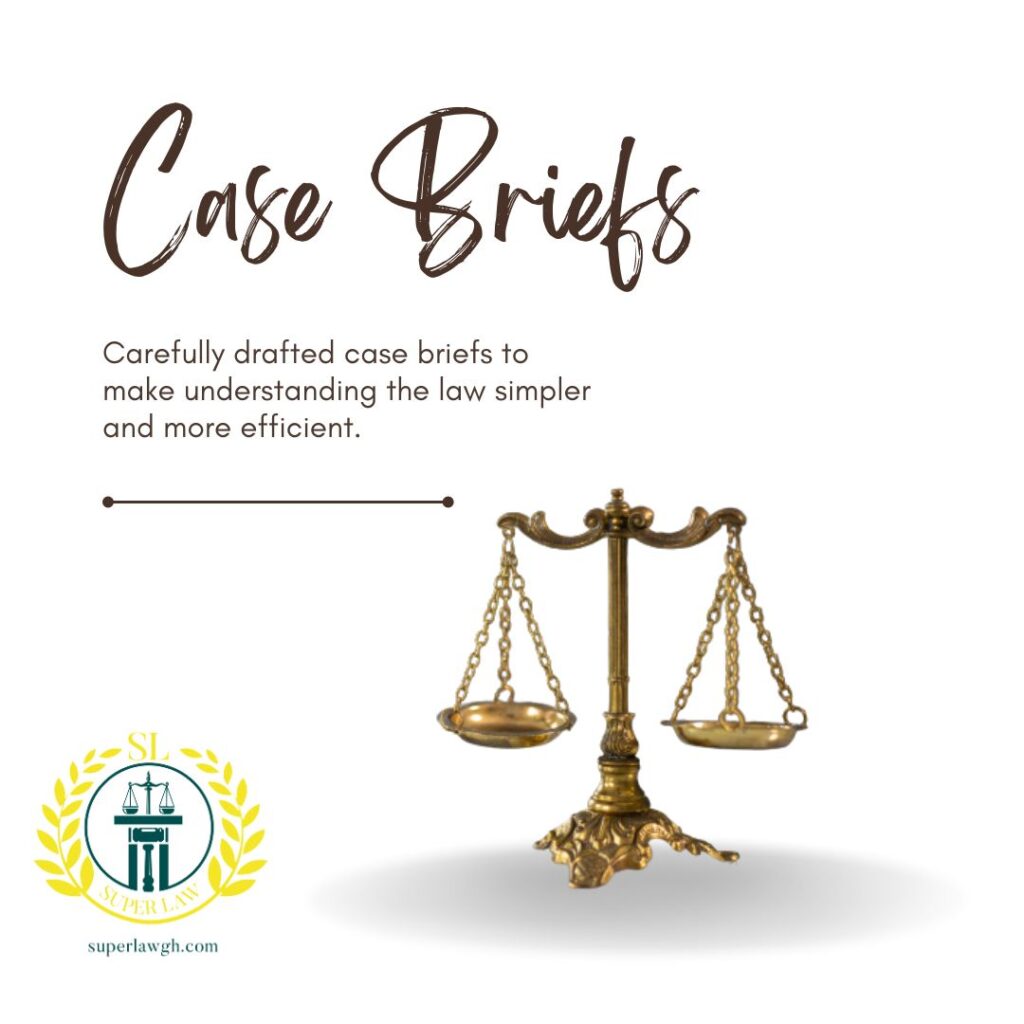Spencer v Harding (1870) LR 5 CP 561 (CP)
The case is well summarized by Willes J:
The action is brought against persons who issued a circular offering a stock for sale by tender,
to be sold at a discount in one lot. The plaintiffs sent in a tender which turned out to be the highest, but which was not accepted. They now insist that the circular amounts to a contract or promise to sell the goods to the highest bidder, that is, in this case, to the person who should tender for them at the smallest rate of discount; and reliance is placed on the cases as to rewards offered for the discovery of an offender.
In those cases, however there never was any doubt that the advertisement amounted to a
promise to pay the money to the person who first gave information. The difficulty suggested was that it was a contract with all the world. But that, of course, was soon overruled. It was an offer to become liable to any person who before the offer should be retracted should happen to be the person to fulfil the contract of which the advertisement was an offer or tender. That is not the sort of difficulty which presents itself here. If the circular had gone on,
‘and we undertake to sell to the highest bidder,’
the reward cases would have applied, and there would have been a good contract in respect of the persons. But the question is, whether there is here any offer to enter into a contract at all, or whether the circular amounts to anything more than a mere proclamation that the defendants are ready to chaffer for the sale of the goods, and to receive offers for the purchase of them. In advertisements for tenders for buildings it is not usual to say that the contract will be given to the lowest bidder, and it is not always that the contract is made with the lowest bidder. Here there is a total absence of any words to intimate that the highest bidder is to be the purchaser. It is a mere attempt to ascertain whether an offer can be obtained within such a margin as the sellers are willing to adopt.
Held:The circular was not an offer, but merely an invitation to gather tenders, upon which the Defendants were entitled to act. The absence of any specific wording such as “and we undertake to sell to the highest bidder” rebutted any presumption that the Defendants had intended to be bound by a contract and distinguished the present circumstances from instances of reward contract offers or an offer to the world.
Keating J and Montague Smith J concurred.

